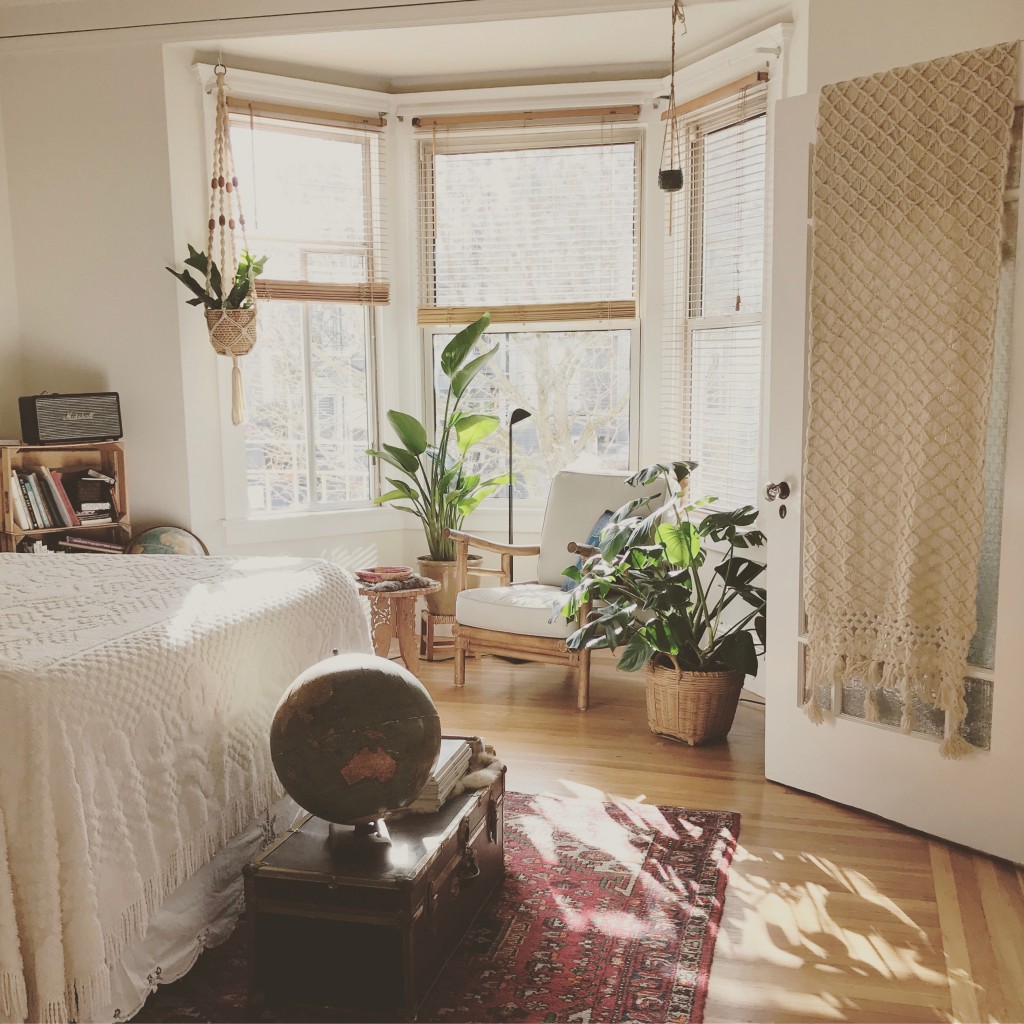At first glance, condo and renters insurance seem pretty similar. They both cover you when you’re living in a property that’s not totally yours. But if you’re choosing between renting an apartment or purchasing a condo, you should know that there are some big differences between insurance for both, and it’s important to make sure you have the right insurance for the type of dwelling that you’ll be calling home. So, here’s a breakdown of the similarities and differences between condo and renters insurance.
Condo and Renters Insurance Both Cover:
Personal Property
Both renters and condo insurance cover personal property like furniture, clothing, jewelry, and other items that you own within the dwelling. It’s good to remember that personal property is only insured to a certain amount which you specify when you choose your policy.
Personal Liability
Both insurance types cover losses incurred when a third party is injured on the property. In the event of a lawsuit, personal liability included in renters and condo insurance would help cover legal fees as well.
Medical Payments
Any medical payments incurred as a result of a third-party injury on your property are covered by renters and condo insurance
Loss of Use
If there’s an event that renders your condo or apartment unusable, like a fire, mold, or serious water damage, loss of use covers some of the expenses for finding a temporary residence.
At this point, condo insurance and renters insurance are probably sounding pretty similar. But, this is where the similarities end. The biggest difference between the two insurance types happens as a result of the type of property, and whether you own or rent.
Renters Insurance
When you’re renting, that means someone else owns the entirety of the building. Therefore, renters insurance only covers personal property that’s housed within the walls of the apartment. In the case of serious structural damage, your landlord’s insurance would cover the restoration of the building, and of your apartment. This is called dwelling insurance, and renter’s insurance does not cover the dwelling because the renter does not own it.
Condo Insurance
Condo insurance, on the other hand, covers your dwelling, partially. Since most condos share walls and are ultimately owned by a condo association, shared things, like community areas, the roof, and lobby, are covered by the condo association.
A better way to imagine this is that in the event of a fire, the condo association would only be responsible for rebuilding the box that surrounds your condo. They’re not responsible for walls or interior structures like kitchen cabinets, islands, etc. That’s why condo insurance is a bit more comprehensive than renters insurance. It covers dwelling, from the studs in, the part of the building that you technically own. When you’re looking at insurance policies for your condo, it’s a good idea to make sure you have enough coverage to be able to rebuild your condo exactly the way it is now, in the event of a major disaster like flooding or fire.
What if I have the wrong insurance?
Since condo and renters insurance look pretty similar at first glance, it wouldn’t be too surprising to find you might have purchased the wrong insurance policy. Here’s how to tell:
If you have condo insurance for your rented apartment:
You’re simply paying too much. You have far more coverage than you need because your landlord’s policy will cover any damages to the structure of your apartment. If you have condo insurance for your rented apartment, talk to your insurance agent to get your policy changed as soon as possible.
If you have renters insurance for your Condo:
Unfortunately, you’re way under-insured. In many cases, if the bank finds out that you have renters insurance for your condo, they’ll force place a condo insurance policy for you until you replace it with a suitable one to protect their assets.
A good basic rule of thumb to remember is if you rent your dwelling, you need renters insurance. But if you own your condo and you have shared walls, you’ll need condo insurance.
If you’re not sure what policy fits your dwelling, or you’re not sure how much your policy should cover, don’t hesitate to ask for help. The insurance experts at Doyle & Ogden are here to help, and we’ll make sure you get the insurance coverage perfect for your needs. Because we partner with all the major insurance providers, we can find you better coverage for the right price. For more information, give our office a call at 616-949-9000 or contact us online for a free quote.

